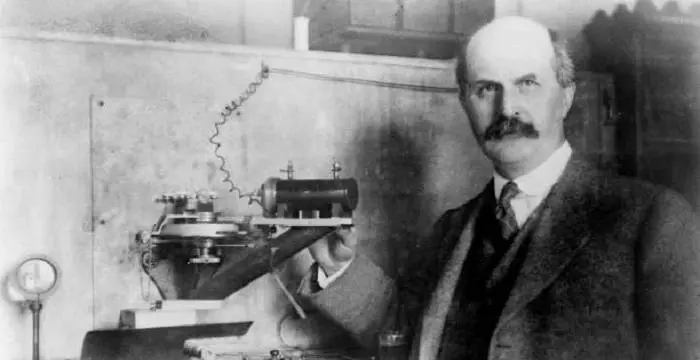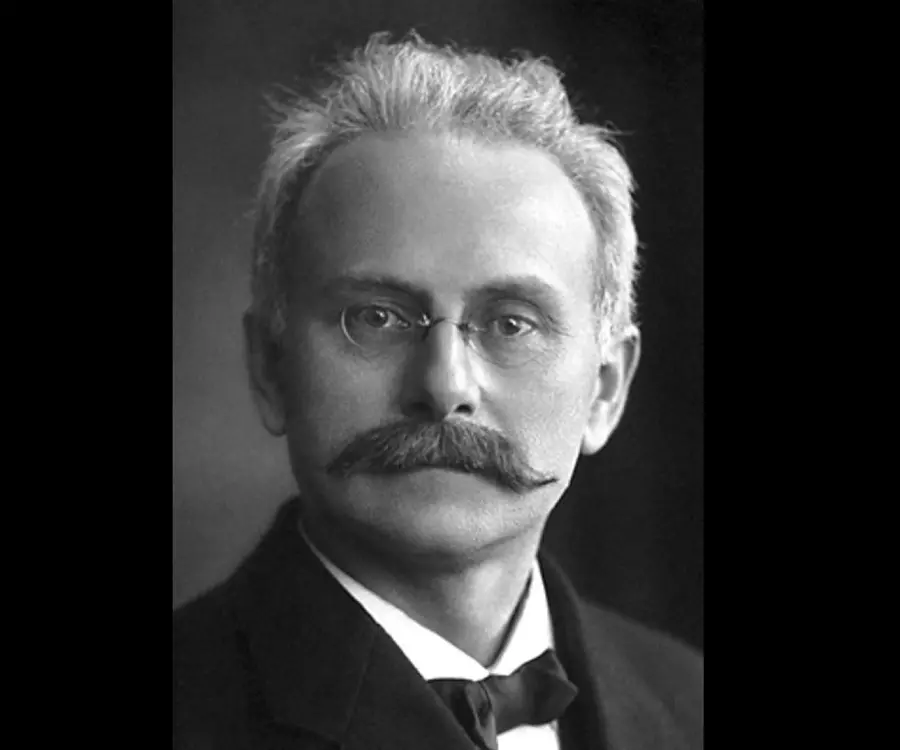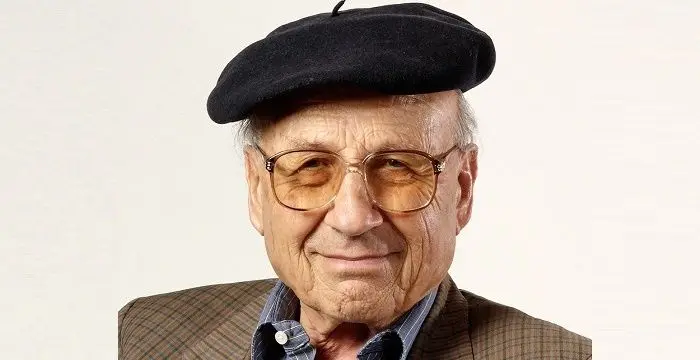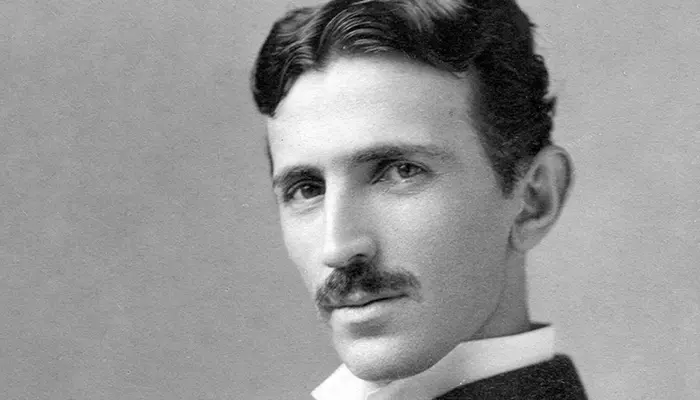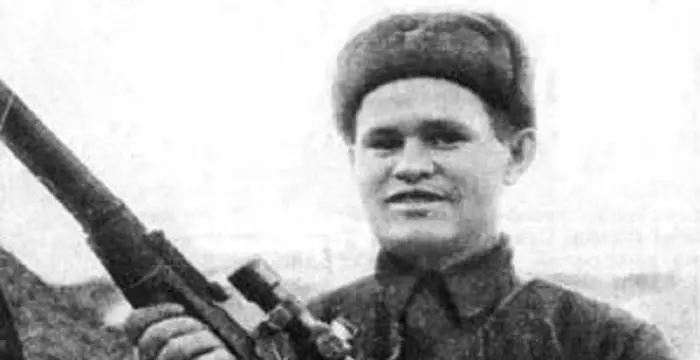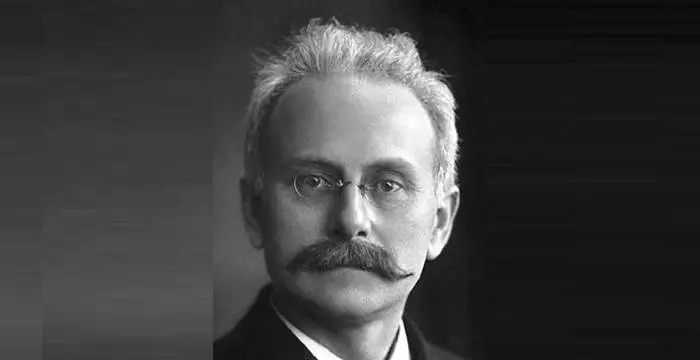
Johannes Stark - Nobel Prize Winner in Physics, Timeline and Facts
Johannes Stark's Personal Details
Johannes Stark was a German scientist who won the 1919 Nobel Prize in Physics for his discovery of the Stark Effect
| Information | Detail |
|---|---|
| Birthday | April 15, 1874 |
| Died on | June 21, 1957 |
| Nationality | German |
| Famous | Scientists, Physicists, Nobel Prize Winner in Physics |
| Known as | Штарк, Йоханнес |
| Universities |
|
| Birth Place | Freihung |
| Gender | Male |
| Sun Sign | Aries |
| Born in | Freihung |
| Famous as | Nobel Prize Winner in Physics |
| Died at Age | 83 |
// Famous Nobel Prize Winner in Physics
William Henry Bragg
Sir William Henry Bragg was a British scientist who shared the 1915 Nobel Prize in Physics with his son, William Lawrence Bragg. Check out this biography to know about his childhood, life, achievements, works & timeline.
Joseph Hooton Taylor Jr.
Joseph Hooton Taylor Jr. is an American astrophysicist who was one of the winners of the 1993 Nobel Prize in Physics. Check out this biography to know about his childhood, life, achievements, works & timeline.
Johannes Stark's photo
Who is Johannes Stark?
Johannes Stark was a German scientist who won the 1919 Nobel Prize in Physics for his discovery of the Stark Effect. He was also closely involved with the 'Deutsche Physik' movement, a nationalist movement in the German physics community, under the Nazi regime. He studied at the local grammar school located in Bayreuth and subsequently at Regensburg, before graduating from University of Munich. He physics, chemistry and mathematics, and crystallography at the university. Following his graduation he worked in different roles at the Physics Institute at the University of Munich. Thereafter, he worked for plenty of universities in Germany, including the University of Gottingen, the RWTH Aachen University and the University of Greifswald among others. He also served as the editor of one of the scientific publications in Germany and it was during his editorship that he gave exposure to an unknown Albert Einstein by publishing a paper on the Theory of Relativity. However, under the Nazi regime in Germany, he became closely involved with the ultra nationalistic ‘German Physics’ movement that advocated the hegemony of German scientists. He had also criticised Einstein by calling him a propagator of ‘Jewish Science’.
// Famous Scientists
Juliane Koepcke
Juliane Koepcke is a German-Peruvian biologist, who was the lone survivor among the 92 passengers and crew of the ill-fated LANSA Flight 508 that crashed in the Peruvian rainforest on 24 December 1971. Know more about her life in this biography.
Henry Cavendish
Henry Cavendish was a theoretical chemist and physicist, renowned for discovery of hydrogen and calculation of the mass of earth. To know more about his childhood, profile, timeline and career read on
Konstantin Tsiolkovsky
Konstantin Tsiolkovsky was a Russian rocket scientist and a pioneer of astronautics. This biography provides detailed information about his childhood, family, personal life, career, achievements, etc.
Childhood & Early Life
Johannes Stark was born in Schickenhof, Kingdom of Bavaria on 15 April 1874. His father was a land owner.
He received his early education from Bayreuth Gymnasium (secondary school) and after the stint at Bayreuth he went on to study at Regensburg.
In 1894, he enrolled at the University of Munich and graduated in 1897. He studied physics and mathematics along with chemistry at the university and submitted a doctoral dissertation on Newton's electrochronic rings in a certain type of dim media..
Following his graduation from the University of Munich, he worked at the Physics Institute at the University of Munich, in different capacities. In 1900, he became unsalaried university lecturer of physics at the University of Göttingen.
Career
Johannes Stark was appointed ‘extraordinary professor’ by the Technische Hochschule in Hannover in 1906 and after spending three years at that institution, he was appointed as a professor at the RWTH Aachen University. He taught at the latter institute for eight years.
In 1907, Stark asked the then little known Albert Einstein to write a piece on his principle of relativity for the scientific journal Jahbruch der Radioktivitat und Elektronik. He was the editor of the journal and was impressed with the theory in general.
In 1913, he discovered his most important discovery as a physicist, which was named ‘Stark Effect’. It refers to the shifting and splitting of spectral lines of atoms and molecules due to presence of an external electric field.
In 1917, the University of Greifswald appointed him as a professor and two years later he was awarded the Nobel Prize in Physics for his findings that later came to be known as the ‘Stark Effect’.
In 1920, he was employed by the University of Wurzberg in the capacity of a professor in the physics institute in the university and he stayed at the university for two years. After having won the Nobel Prize, he had used the prize money to set up a private laboratory of his own and he continued his experiments.
In 1933, he was elected by the members of the prestigious Physico-Technical Institute as their president. He performed his role as the president of the institute for six year and he retired thereafter. During that same period, he also served as the President of the German Research Association.
Following the emergence of the Nazi Party in Germany, Stark became an advocate of Nazi themed German nationalism and waged a personal battle against Albert Einstein and Werner Heisenberg. He called them the propagators of ‘Jewish Science’ and started his own scientific movement known as ‘German physics’. He also threatened fellow scientists to follow his lead. After the end of the Second World War, he was sentenced to prison for four years after being branded a ‘Major Offender’. The sentence, however, was suspended.
Major Works
His scientific works cover three large fields: the electric currents in gases, spectroscopic analysis, and chemical valency. He produced more than 300 papers on different scientific findings but his most important work was that of demonstrating ‘Stark Effect’. A finding for which he won the Nobel Prize.
Awards & Achievements
He was awarded the Matteucci Medal by the Rome Academy in 1915. In 1919, he won the Nobel Prize in Physics "for his discovery of the Doppler effect in canal rays and the splitting of spectral lines in electric fields". The amount of splitting or shifting is called the Stark splitting or Stark shift.
Personal Life & Legacy
Johannes Stark Luise Uepler and the couple had five children.
He died on 21 June 1957, at the age of 83, in Traunstein, Germany.
// Famous Physicists
Henry Cavendish
Henry Cavendish was a theoretical chemist and physicist, renowned for discovery of hydrogen and calculation of the mass of earth. To know more about his childhood, profile, timeline and career read on
Walter Kohn
Nobel Laureate Walter Kohn was an Austrian-born American theoretical chemist and physicist. Check out this biography to know about his childhood, life, achievements, works & timeline.
Nikola Tesla
Nikola Tesla was a Serbian-American inventor, best known for his development of alternating current electrical systems. This biography of Nikola Tesla provides detailed information about his childhood, life, achievements, works & timeline.
Johannes Stark's awards
| Year | Name | Award |
|---|---|---|
Other | ||
| 0 | Nobel Prize in Physics | |
Johannes Stark biography timelines
- // 15th Apr 1874Johannes Stark was born in Schickenhof, Kingdom of Bavaria on 15 April 1874. His father was a land owner.
- // 1894 To 1897In 1894, he enrolled at the University of Munich and graduated in 1897. He studied physics and mathematics along with chemistry at the university and submitted a doctoral dissertation on Newton's electrochronic rings in a certain type of dim media..
- // 1900Following his graduation from the University of Munich, he worked at the Physics Institute at the University of Munich, in different capacities. In 1900, he became unsalaried university lecturer of physics at the University of Göttingen.
- // 1906Johannes Stark was appointed ‘extraordinary professor’ by the Technische Hochschule in Hannover in 1906 and after spending three years at that institution, he was appointed as a professor at the RWTH Aachen University. He taught at the latter institute for eight years.
- // 1907In 1907, Stark asked the then little known Albert Einstein to write a piece on his principle of relativity for the scientific journal Jahbruch der Radioktivitat und Elektronik. He was the editor of the journal and was impressed with the theory in general.
- // 1913In 1913, he discovered his most important discovery as a physicist, which was named ‘Stark Effect’. It refers to the shifting and splitting of spectral lines of atoms and molecules due to presence of an external electric field.
- // 1915 To 1919He was awarded the Matteucci Medal by the Rome Academy in 1915. In 1919, he won the Nobel Prize in Physics "for his discovery of the Doppler effect in canal rays and the splitting of spectral lines in electric fields". The amount of splitting or shifting is called the Stark splitting or Stark shift.
- // 1917In 1917, the University of Greifswald appointed him as a professor and two years later he was awarded the Nobel Prize in Physics for his findings that later came to be known as the ‘Stark Effect’.
- // 1920In 1920, he was employed by the University of Wurzberg in the capacity of a professor in the physics institute in the university and he stayed at the university for two years. After having won the Nobel Prize, he had used the prize money to set up a private laboratory of his own and he continued his experiments.
- // 1933In 1933, he was elected by the members of the prestigious Physico-Technical Institute as their president. He performed his role as the president of the institute for six year and he retired thereafter. During that same period, he also served as the President of the German Research Association.
- // 21st Jun 1957He died on 21 June 1957, at the age of 83, in Traunstein, Germany.
// Famous Aries Celebrities peoples
Skai Jackson
Skai Jackson is an American child actress with huge fan following. Find more about her family & personal life, relationships, facts and more.
Shemar Moore
Shemar Moore is a model turned actor best known for his role in the television series ‘The Young and the Restless’. This biography of Shemar Moore provides detailed information about his childhood, life, achievements, works & timeline.
Vasily Zaytsev
Vasily Zatysev was a Russian sniper who served during the World War II. Check out this biography to know about his childhood, family life, achievements and fun facts about him.
Ivey Meeks
Ivey Meeks is an American YouTube star and model. Let’s have a look at her family and personal life including age, date of birth, net worth, boyfriends and fun facts.
Tobi Lerone
Check out all that you wanted to know about Tobi Lerone, the famous YouTube Personality and gamer; his birthday, his family and personal life, his girlfriends, fun trivia facts and more.
Simone Signoret
Simone Signoret was a French actress who became the first French person to win an Academy Award. Check out this biography to know about her childhood, family life, achievements and other facts related to her life.
Johannes Stark's FAQ
What is Johannes Stark birthday?
Johannes Stark was born at 1874-04-15
When was Johannes Stark died?
Johannes Stark was died at 1957-06-21
Where was Johannes Stark died?
Johannes Stark was died in Traunstein
Which age was Johannes Stark died?
Johannes Stark was died at age 83
Where is Johannes Stark's birth place?
Johannes Stark was born in Freihung
What is Johannes Stark nationalities?
Johannes Stark's nationalities is German
What was Johannes Stark universities?
Johannes Stark studied at Ludwig Maximilian University of Munich
What is Johannes Stark's sun sign?
Johannes Stark is Aries
How famous is Johannes Stark?
Johannes Stark is famouse as Nobel Prize Winner in Physics
